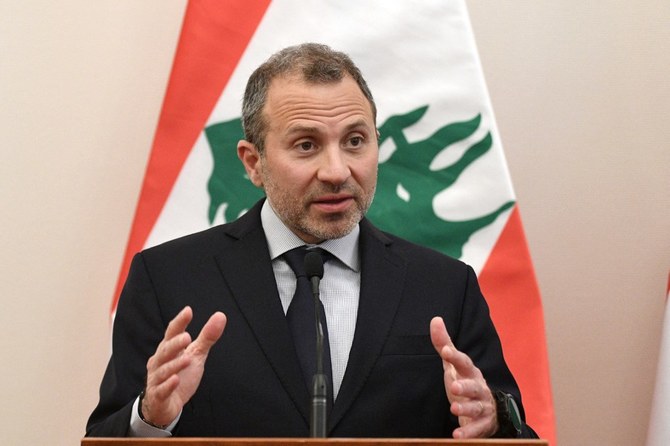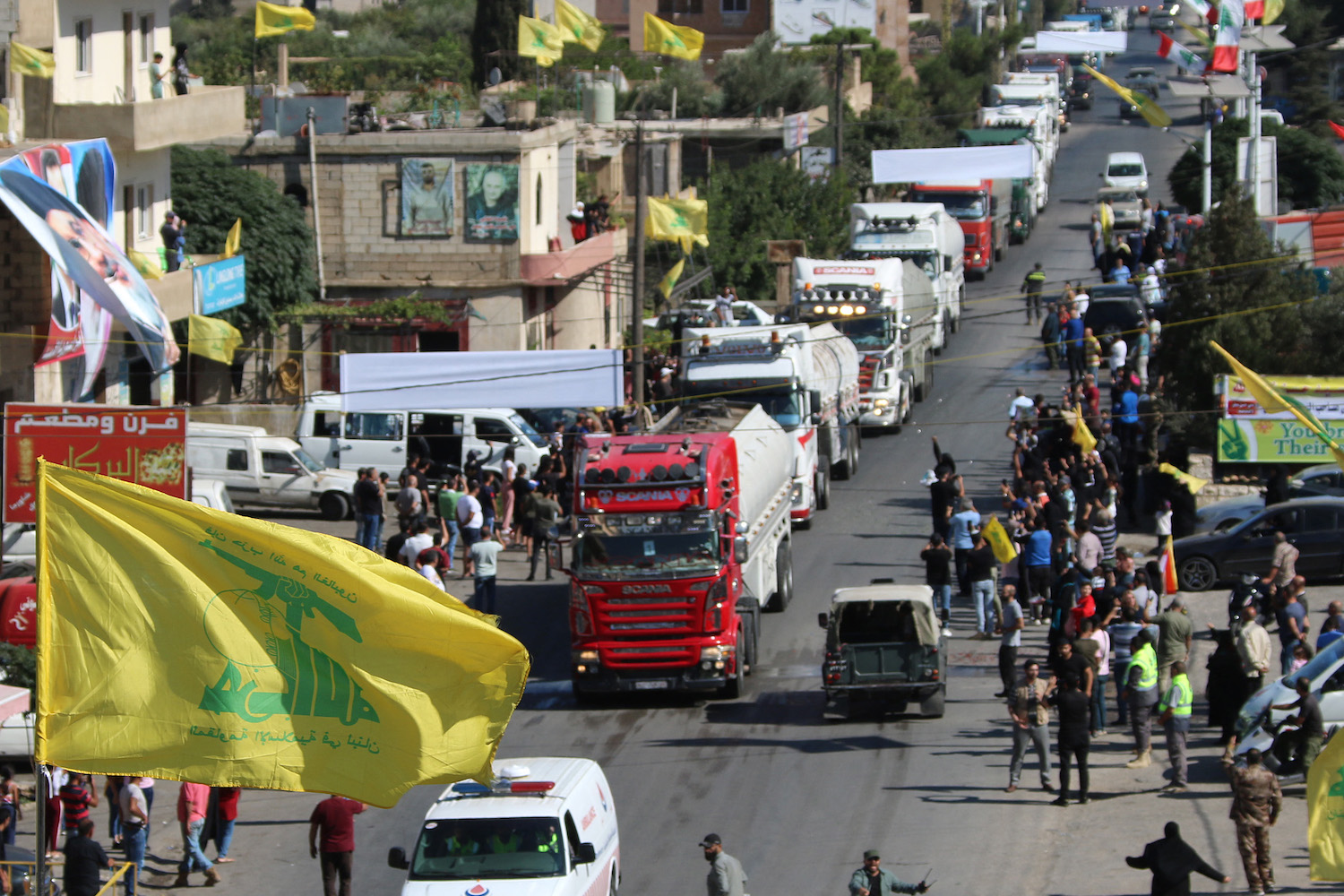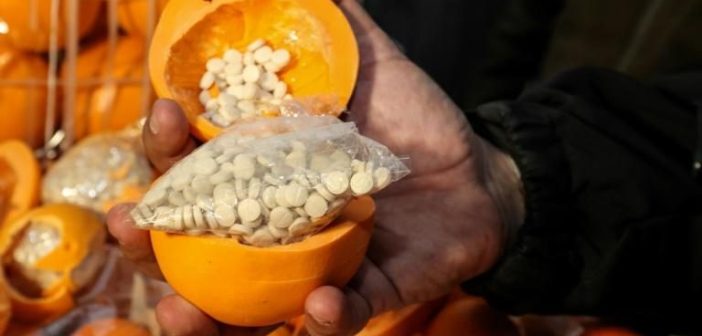
By NAJIA HOUSSARI — arabnews.com — BEIRUT: Lebanese lawmaker Gebran Bassil has hit out at ally Hezbollah, as the country entered 2022 experiencing the same political paralysis as the year before. Cabinet sessions are yet to resume as the ministers of Hezbollah and the Amal movement are still refusing to attend sessions. Bassil, who heads the Free Patriotic Movement, on Sunday sharply criticized what he called “the militia warlords and the leaders of corruption.” Neither Hezbollah, Parliament Speaker Nabih Berri, nor Lebanese Forces party leader Samir Geagea were spared in his remarks. Nor did the governor of the central bank, Riad Salameh, emerge unscathed as Bassil took aim.
Bassil, who has been an ally of Hezbollah since 2006 through the Mar Mikhael Agreement, asked: “Where is the consensual democracy? Is it (by) paralyzing the Cabinet and attacking the president and his rule? Is it by attacking the Constitutional Council? Where is the defensive strategy to solve problems with sister countries?” His comments come amid a devastating economic crisis in Lebanon and ahead of critical parliamentary elections in which his party is expecting tough competition. He added: “Making empty promises then belittling us and what we represent is unacceptable. Of course, we would be more powerful in the elections if we were to ally with Hezbollah, but if we need to choose between winning the elections and keeping our dignity, then I would say it’s better to be alone than with bad company. “Hezbollah Secretary-General Hassan Nasrallah will say that such matters should only be discussed in closed meetings. That’s true, but we have tried and tried to see eye to eye. “We do not want to disregard the understanding we have with Hezbollah because it is a sound understanding, based on national constants. However, we want a better one because it is no longer effective. Our priority is the state and reforms. Their priority is the resistance and defending it. We cannot lose the state and the resistance, but we can win both.” His remarks also come amid a worsening division between President Michel Aoun and his team on the one hand and Hezbollah and Berri on the other.







